
10 Best Foods
1. Sweet Potatoes
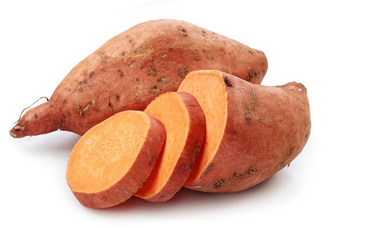
Sweet potatoes are nutritional superstars. They’re loaded with carotenoids, and are a good source of potassium and fiber. Toss sweet potato wedges with a bit of olive oil and roast until tender and lightly browned. Sprinkle with a spice or two, such as cinnamon or chili.
2. Mangoes
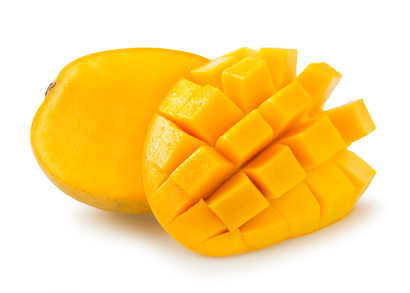
About a cup of mango supplies 100% of a day’s vitamin C, one-third of a day’s vitamin A, a decent dose of blood-pressure-lowering potassium, and 3 grams of fiber. Bonus: they're irresistable. And don't miss out on the smaller, sweeter Honey mangoes—also called Champagne, Manila, or Ataulfo—in season from March to June.
3. Plain (0%) Greek Yogurt
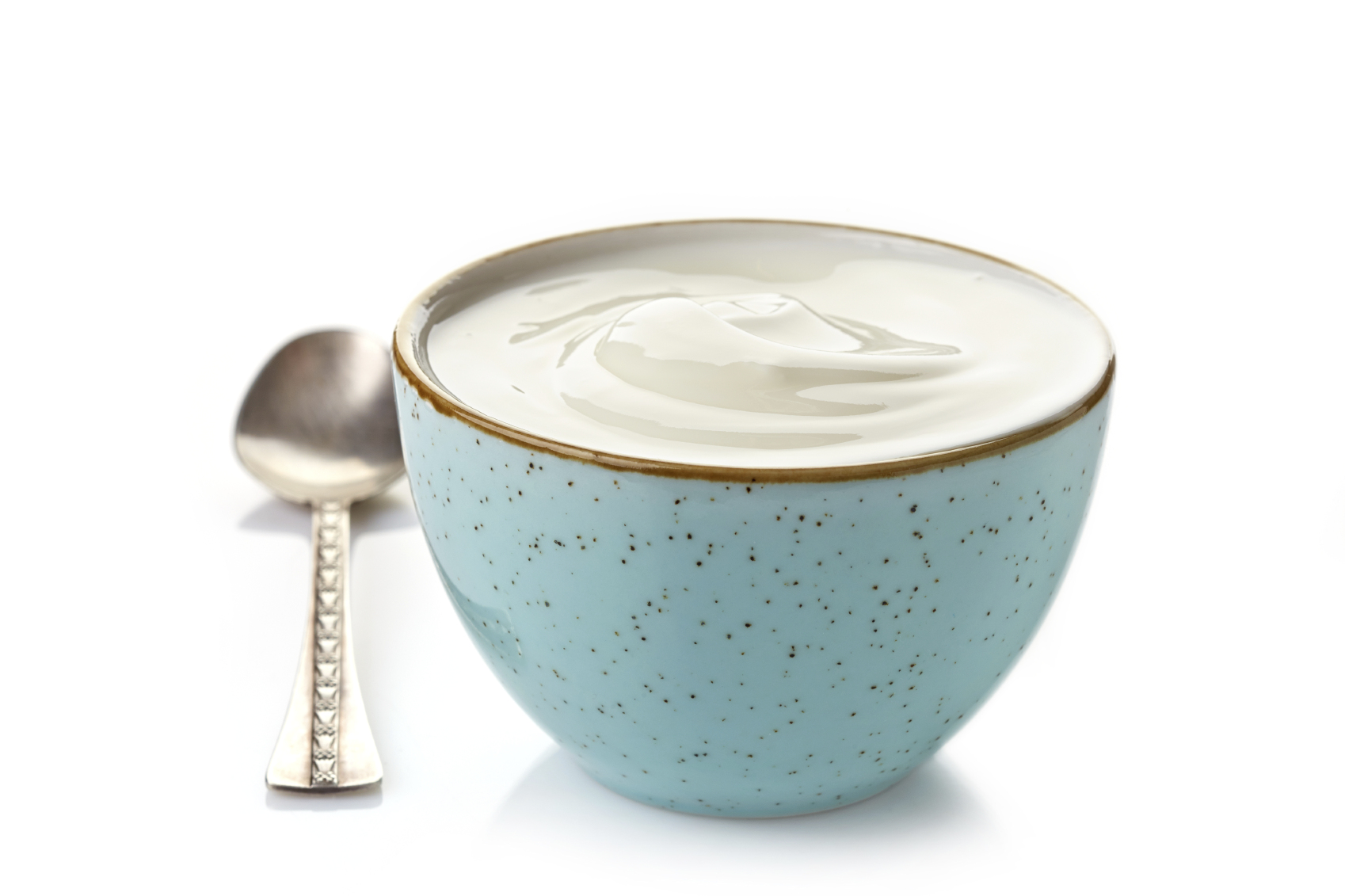
Fat-free (0%) unsweetened greek yogurt has a pleasant tartness that’s a perfect foil for the natural sweetness of berries, bananas, or your favorite whole-grain cereal. It’s strained, so even the 0% fat versions are thick and creamy. And the lost liquid means that the yogurt that’s left has twice the protein of ordinary yogurt (but less calcium)—about 15 grams in 5 ounces of plain 0% greek yogurt.
 4. Broccoli
4. Broccoli

It’s loaded with vitamin C, carotenoids, vitamin K, and folate. Steam until it’s bright green and just tender. Add a sprinkle of parmesan cheese and a spritz of fresh lemon juice. Or try one of these ideas from our Healthy Cook, Kate Sherwood.
5. Wild Salmon

Fatty fish like salmon, which are rich in omega-3 fats, may help reduce the risk of heart attacks and strokes. And many sources of wild-caught salmon are more sustainable than farmed salmon. Tip: keep a few pouches of salmon in your pantry. Pouches are easy (no draining!) and are typically wild-caught salmon.
6. Oatmeal


Whether it’s quick, old-fashioned, or steel-cut, oatmeal makes a hearty whole-grain breakfast. Each ½ cup (dry) of plain rolled oats has 4 grams of fiber, and roughly half is the soluble kind that helps lower cholesterol. Top your cooked oatmeal with toasted almond slivers and bananas instead of sugar or salt. Or try diced apple with cinnamon and raisins, or diced pear with walnuts and nutmeg.
 7. Garbanzo Beans
7. Garbanzo Beans

All beans are healthy beans. They’re rich in protein, fiber, copper, folate, iron, magnesium, potassium, and zinc. But garbanzos stand out because they’re so versatile. Look for no-salt-added varieties, like Whole Foods 365, in cartons. Add a handful to your tossed salad, or stir them into your vegetable stews, curries, and soups.
8. Watermelon
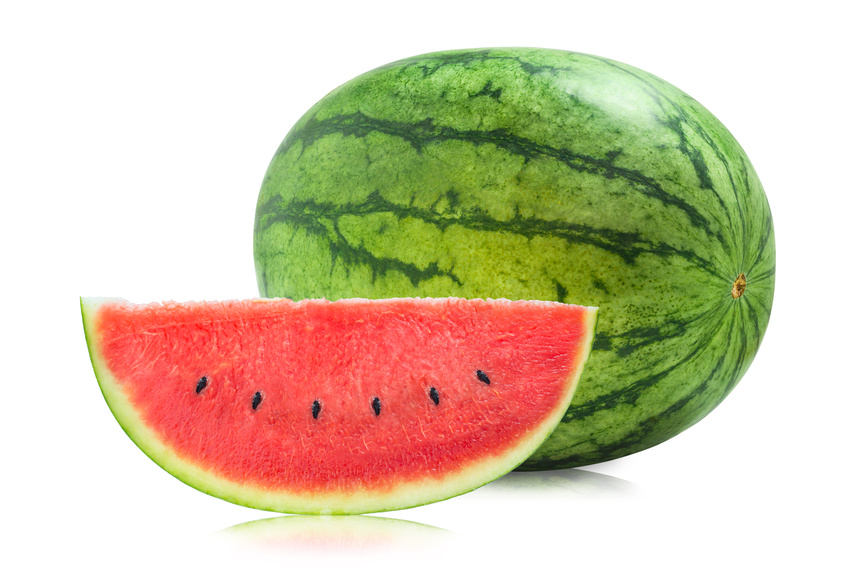
Watermelon is a heavyweight in the nutrient department. A standard serving (about 2 cups) has one-third of a day’s vitamins A and C, a nice shot of potassium, and a healthy dose of lycopene for only 90 fat-free, salt-free calories. And when they’re in season, watermelons are often locally grown, which means they may have a smaller carbon footprint than some other fruits.
9. Butternut Squash
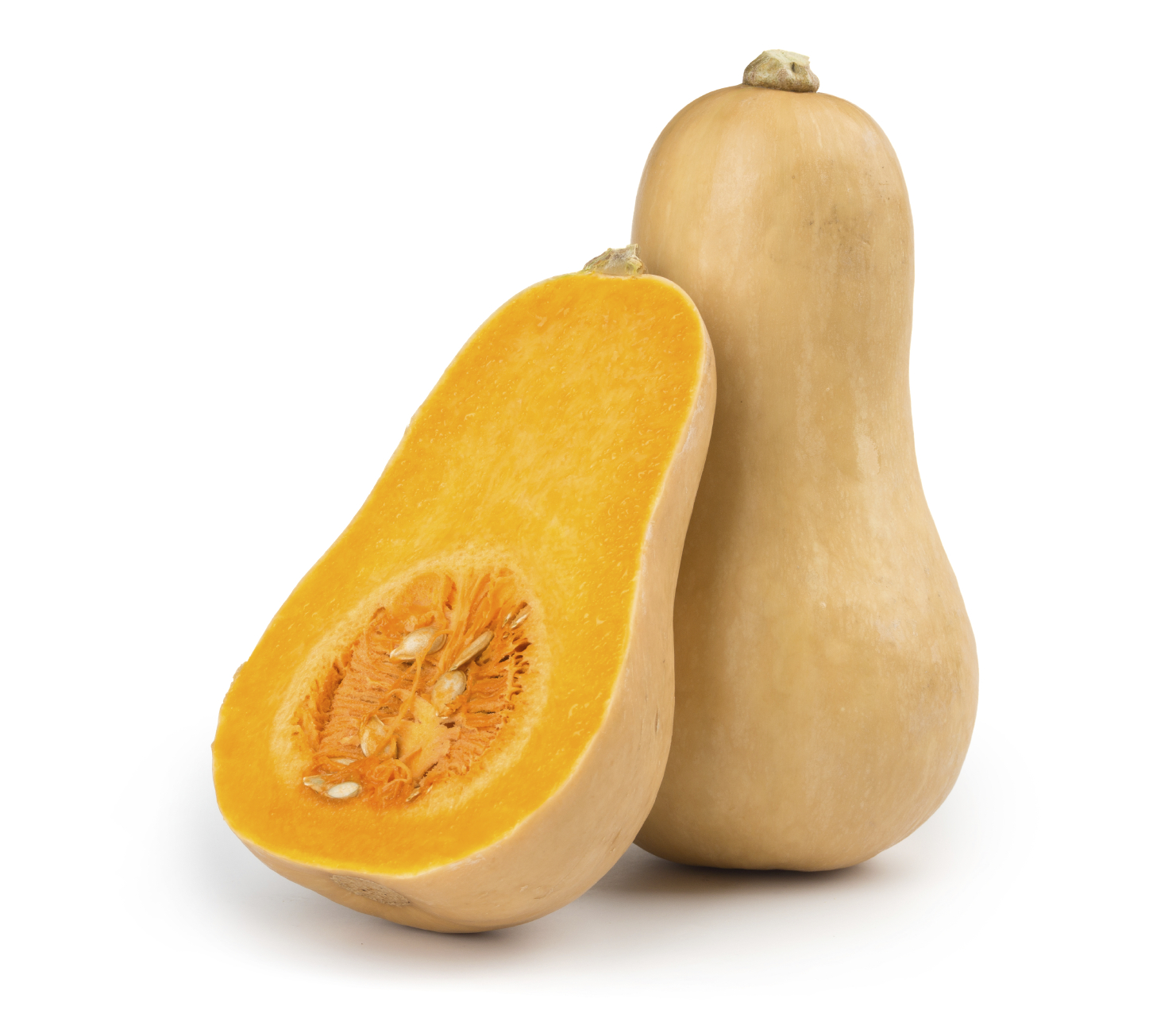

Steam a sliced squash or buy peeled, diced butternut squash that’s ready to go into the oven, a stir-fry, or a soup. It’s an easy and satisfying way to get lots of vitamins A and C and fiber.
 10. Leafy Greens
10. Leafy Greens

Don’t miss out on powerhouse greens like kale, collards, spinach, mustard greens, and Swiss chard. These standout leafy greens are loaded with vitamins A, C, and K, folate, potassium, magnesium, calcium, iron, and fiber. Sauté in a bit of olive oil with minced garlic and season with ground black pepper and red wine vinegar.

